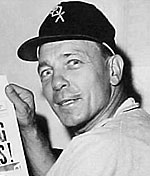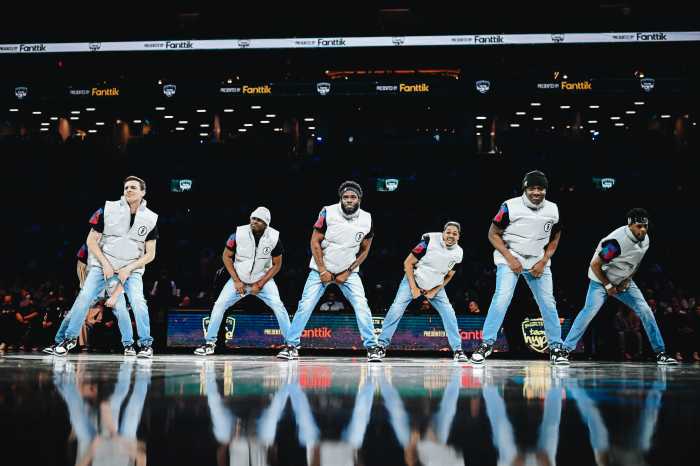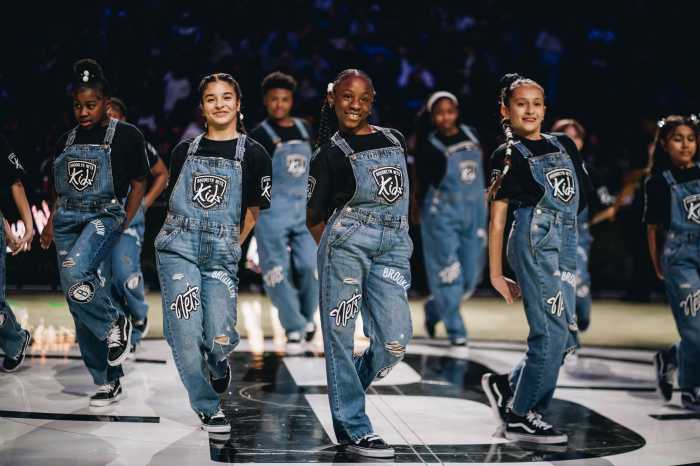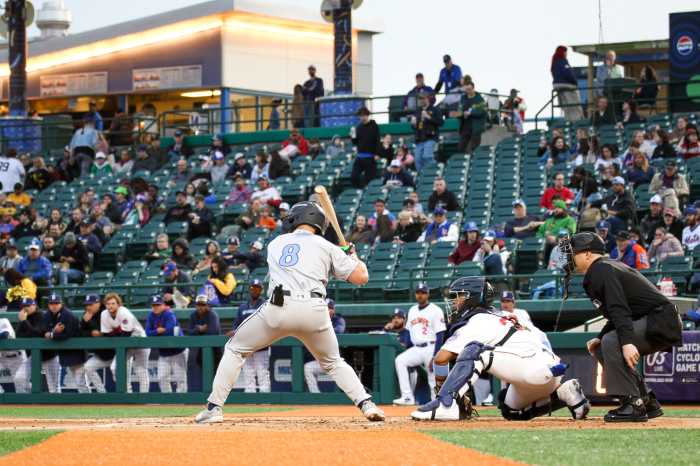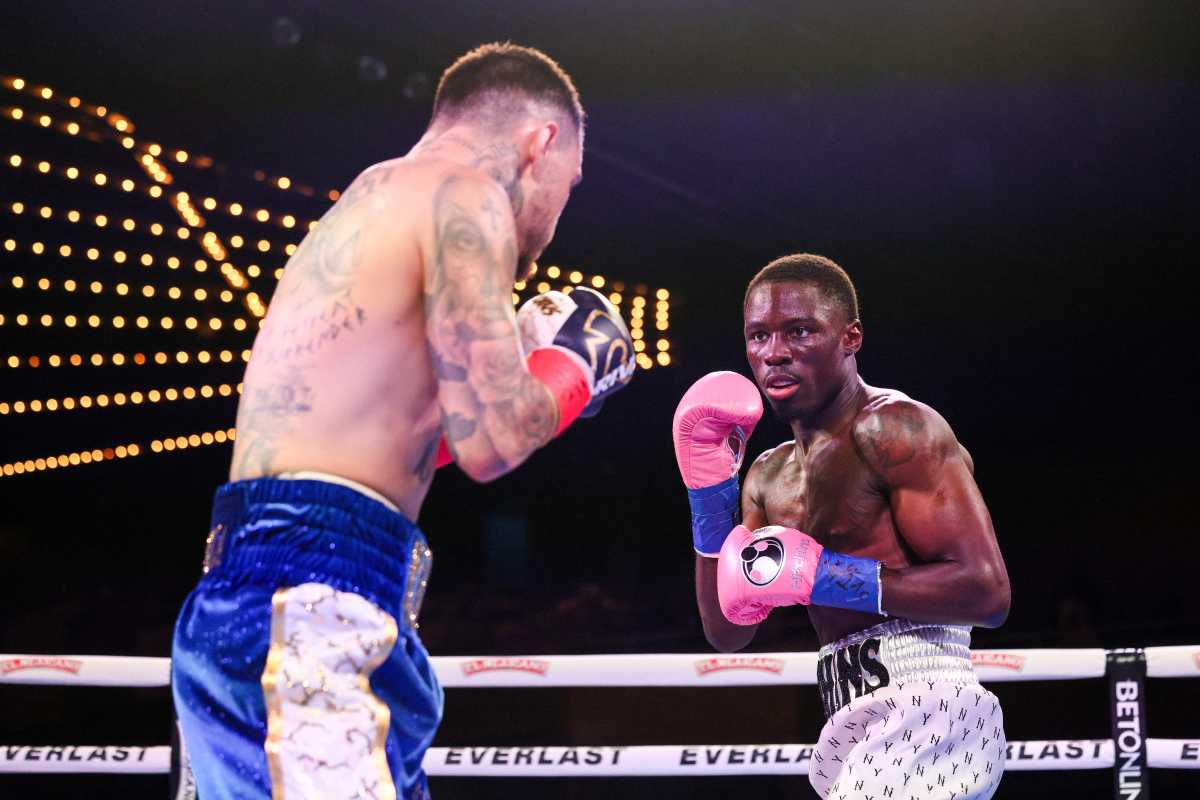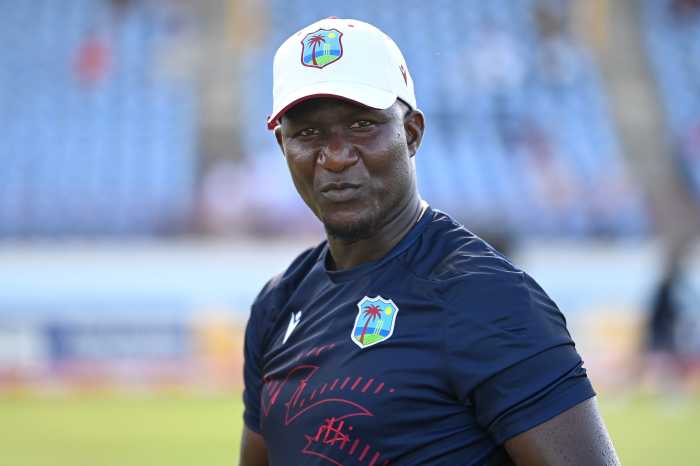When the Cyclones played Williamsport on July 14, old school Brooklyn Dodger fans had a connection to Brooklyn’s baseball past.
Eddie “The Brat” Stanky was a player who wasn’t highly skilled in any area, yet could so often find a way to defeat the other team.
Stanky later coached at the University of South Alabama, where one of his players was Rick Patterson, now a roving instructor for the Mets.
Stanky “was like a Daddy to me,” Patterson said.
That was clear enough during the game. Patterson was in the Cyclones dugout when an ump made a controversial call against Brooklyn. He stormed out of the dugout, arms akimbo, red in the face, arguing that the umpires were not in position to make the call correctly. Patterson was ejected, but came back for more arguing, making sure to get his money’s worth.
The Cyclones got beneficial calls on the next two close plays.
So the question must be asked: Would a disciple of Stanky purposely get himself tossed, saving manager George Greer the trouble, intimidating a young umpire into giving Brooklyn the next close calls, and inspiring his team for a win?
We never found out: Patterson was showered and heading to his next assignment when the last out of the game was recorded.
Perhaps the ever-roving coach just needed a way to get out of the dugout and into the showers so he’d make his bus. — Ed Shakespeare
Take me out to the … ah, nevermind
Fans who headed to Keyspan Park on July 18 must have felt like the Almighty was sending down a new block of plagues.
First, the stadium lights flickered and turned off in the fifth inning, suspending play for a half hour. Then, two innings later, the blistering hot air turned into 26 mile-per-hour gusts, sending plastic bags, paper napkins and aluminum foil trays scattering all over the outfield grass.
A few minutes later, a member of the grounds crew had to delay the game to close two doors in center field.
But Mother Nature was just getting warmed up. Within the next 10 minutes, a hot dog stand, two beer stands, an ice cream stand, numerous pretzel and popcorn stands, and a 7-Up vending machine were all blown to the ground.
The two teams kept playing, but the fans headed to exits.
Then the rains came in the ninth inning, delaying the game again. Fans who were still there headed toward the dugouts for autographs. Security guards danced to the music. Reliever Grady Hinchman scratched a family of turtles in the dirt by the first-base dugout, and closer Joe “Iceman” Smith kept people from stomping on them.
The game finally resumed with just 43 fans on hand to watch Luis Rivera to pop out to end the game.
Plagues indeed: The Cyclones lost. — Nick Pauly
The curse of the aluminum bat
Cyclones manager George Greer is part of group that engineered a revolutionary concept in the Cape Cod League: wooden bats.
Of course, pine was the norm in amateur baseball for about a century, but in the 1970s, amateur programs, including colleges, began to switch to metal bats to save money.
The Cape Cod League is recognized as the premier summer league for college players, and the decision in 1985 to use wooden bats led other summer college leagues to follow.
“I was talking in the parking lot after a game with [league Commissioner] Fred Everitt, my assistant coaches and two scouts.
“We said, ‘Wouldn’t it be great to have wooden bats?’ There was a concern about the cost, but the two scouts said that they would ask the Baseball Commissioner’s office pick up part of the cost. We realized it would be the greatest thing to ever happen to the Cape League and for the advancement of these players.”
It was not only the batters who would benefit from wooden bats.
“You can evaluate pitchers better because they can pitch inside and pitch away and not have dinkers and doinkers over the second baseman’s head,” explained Greer.
One sixth of major league players have played in the Cape Cod League. Those players certainly benefited from George Greer’s wooden bat revolution.
Most Cyclones, unfortunately, came up through the ranks, where aluminum bats are favored — creating quite an adjustment period, judging from the team’s paltry .212 batting average. — Shakespeare
June 22, 2006 issue


